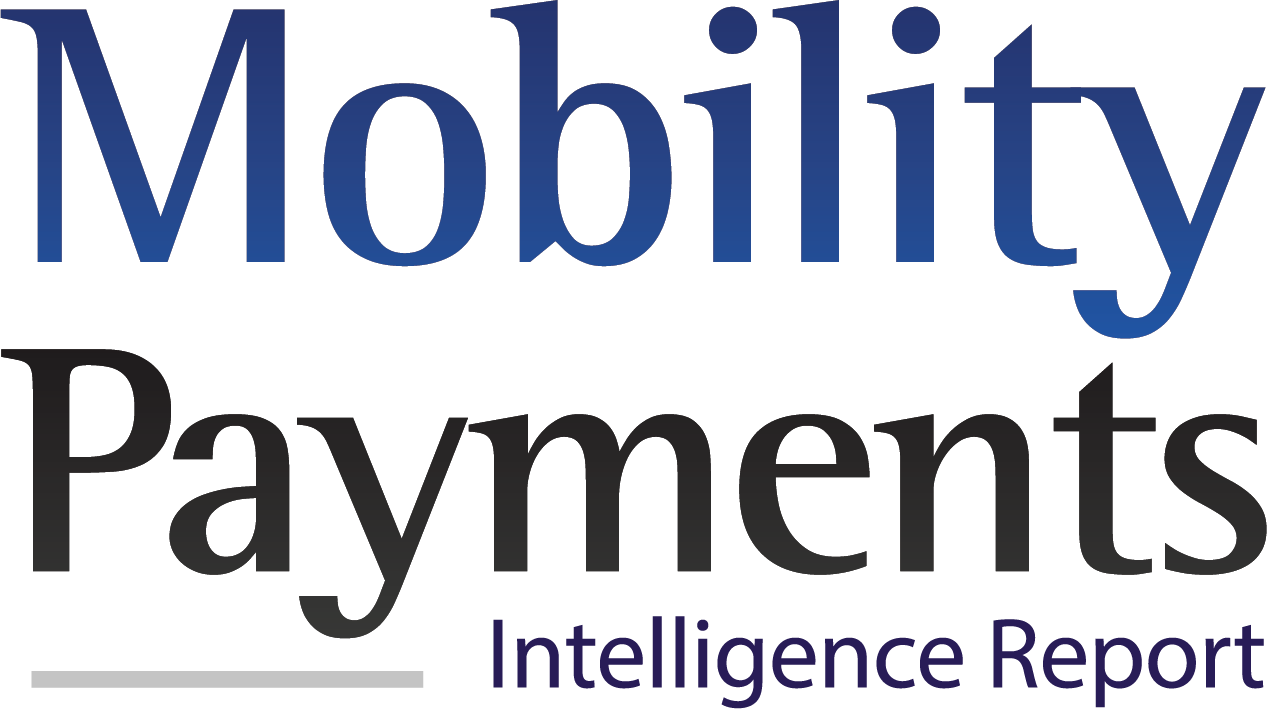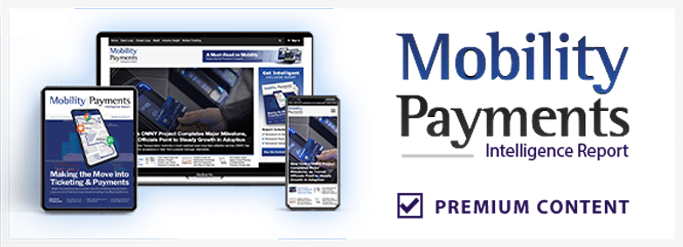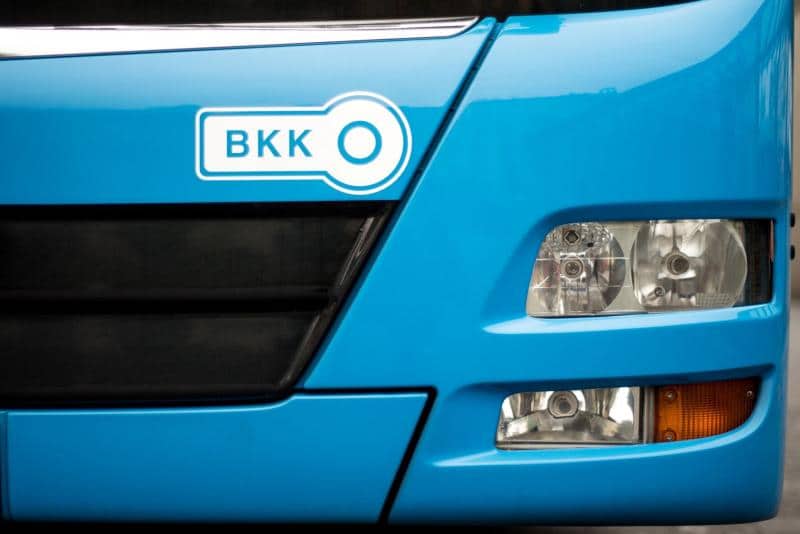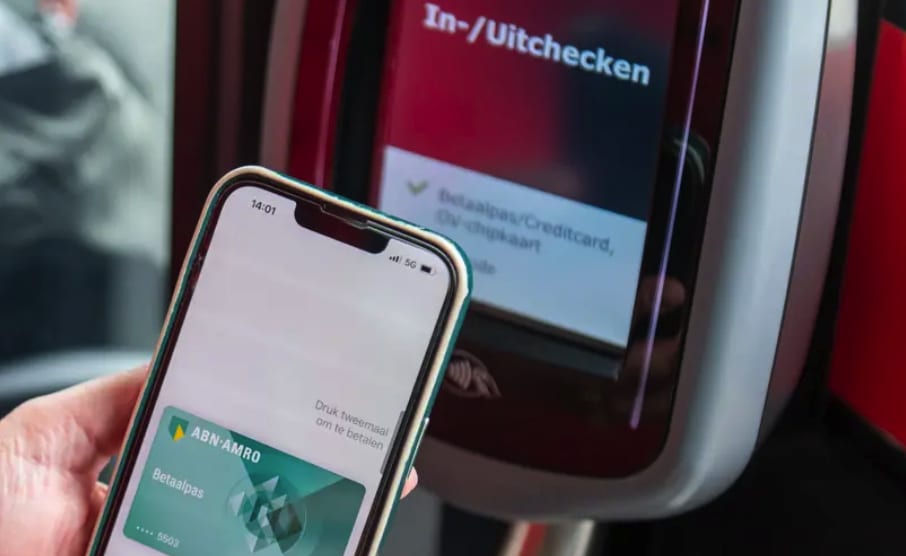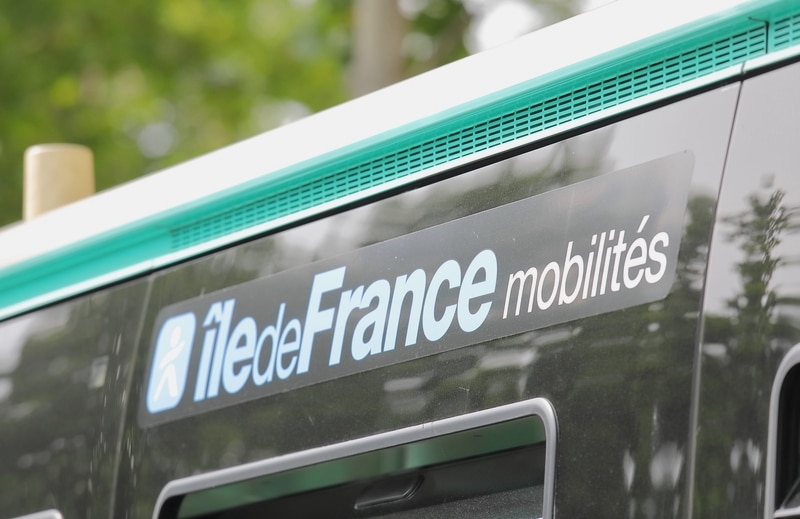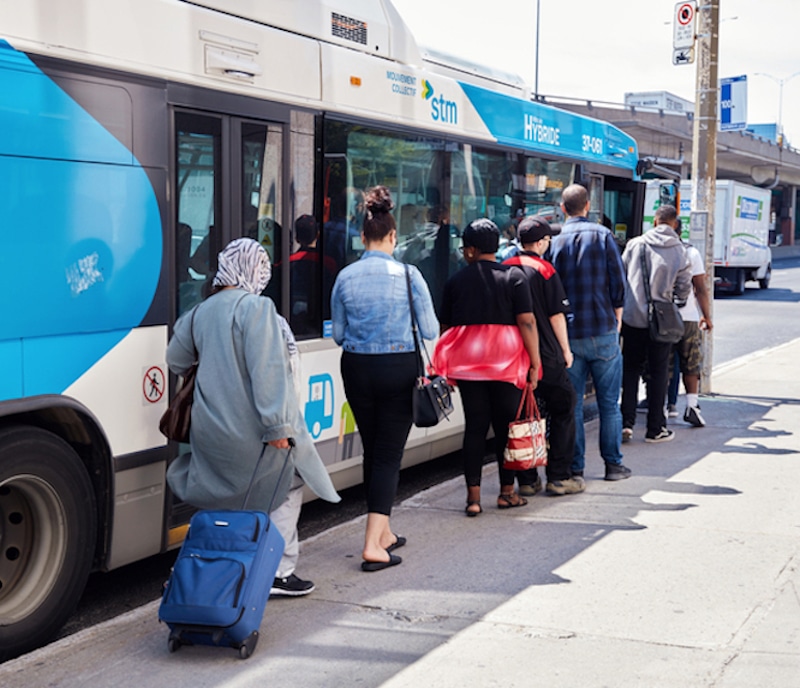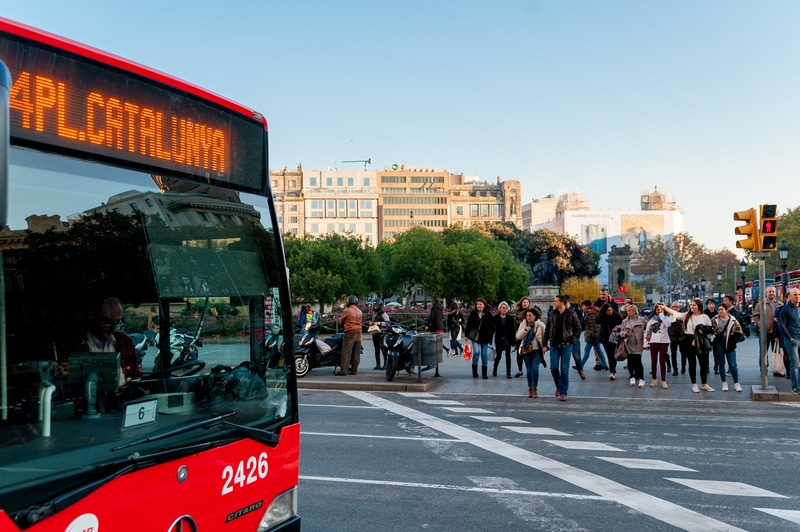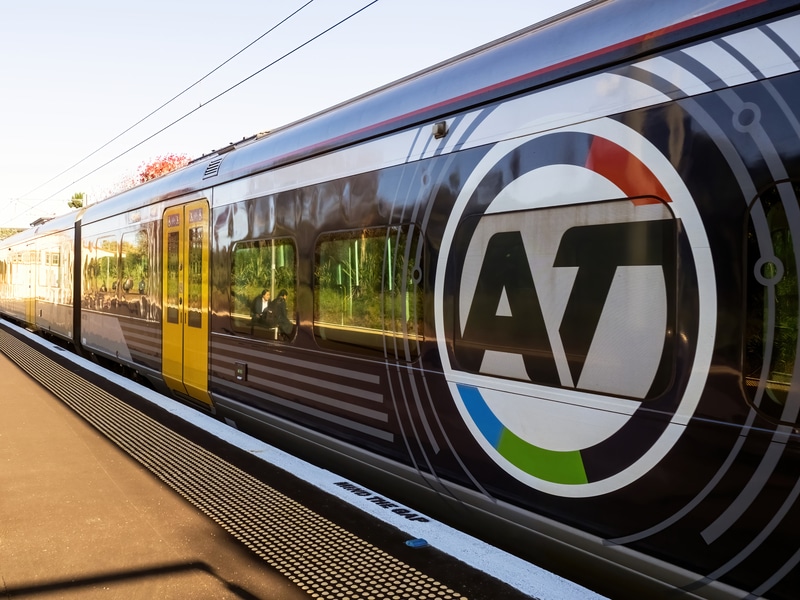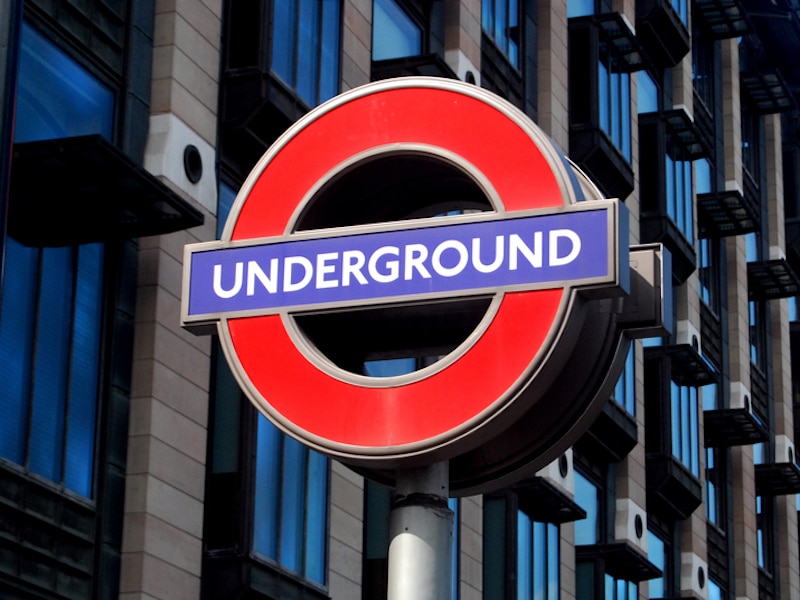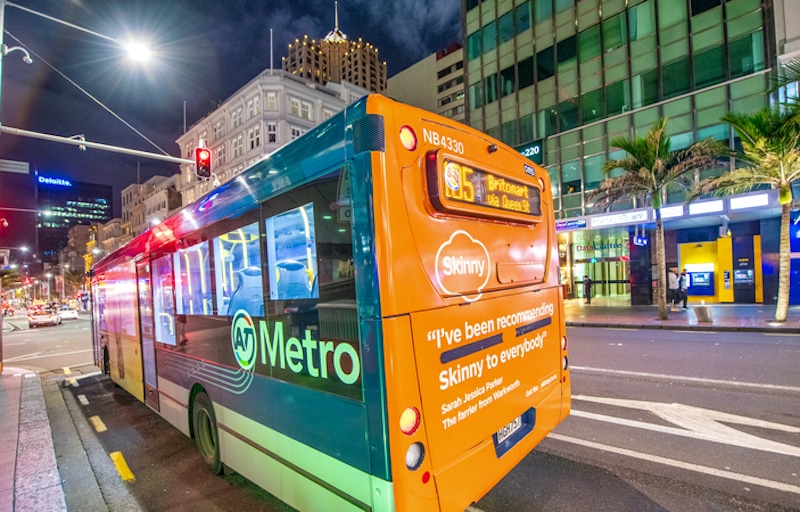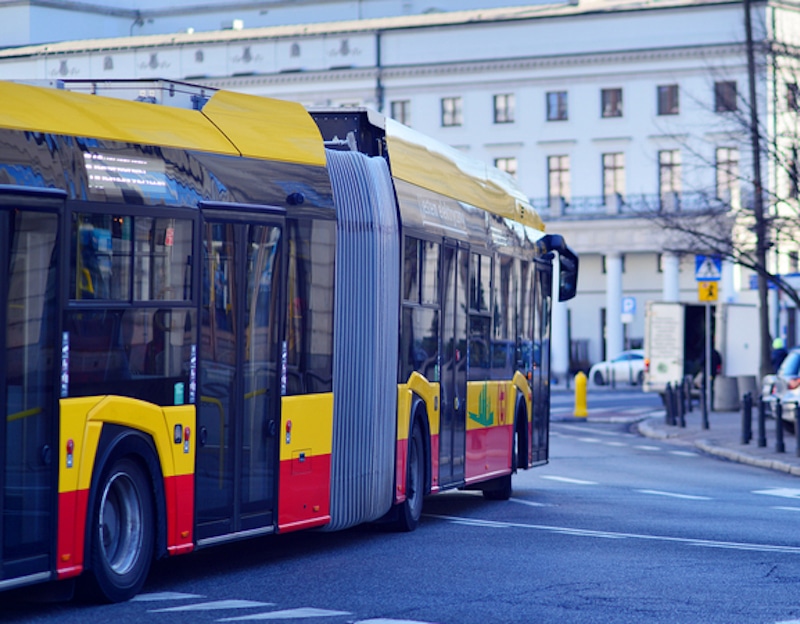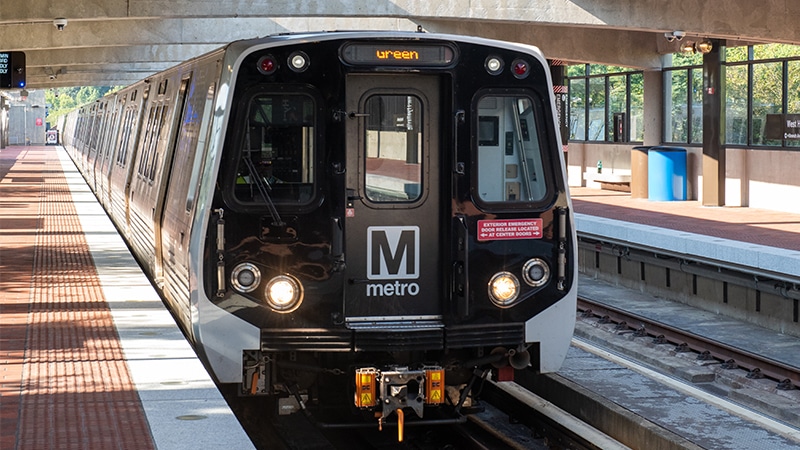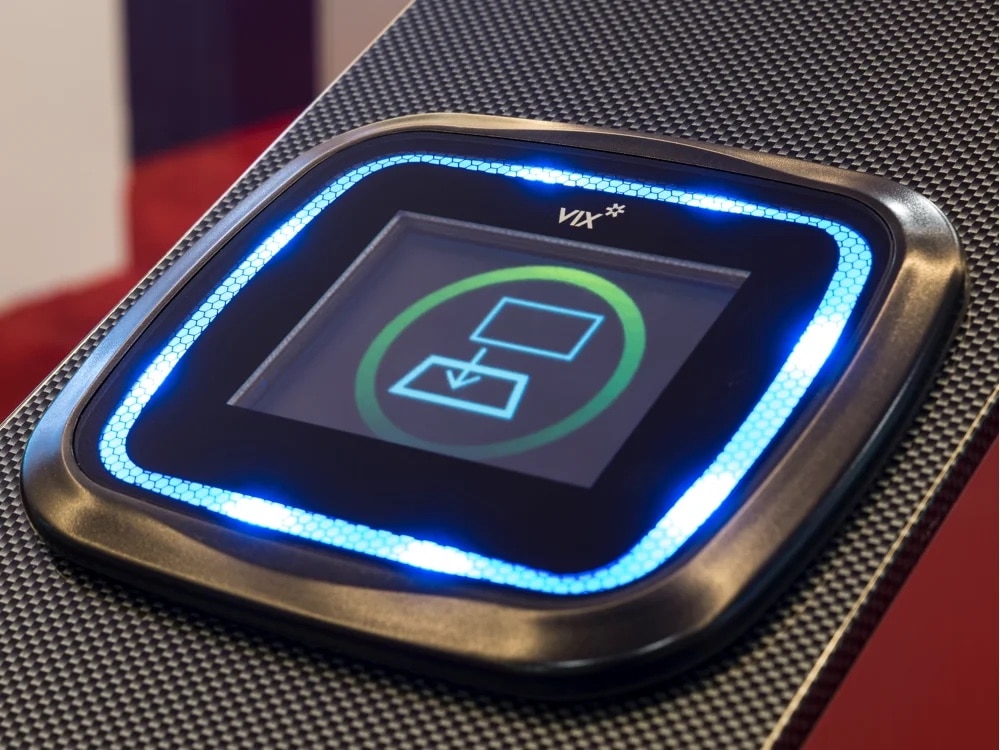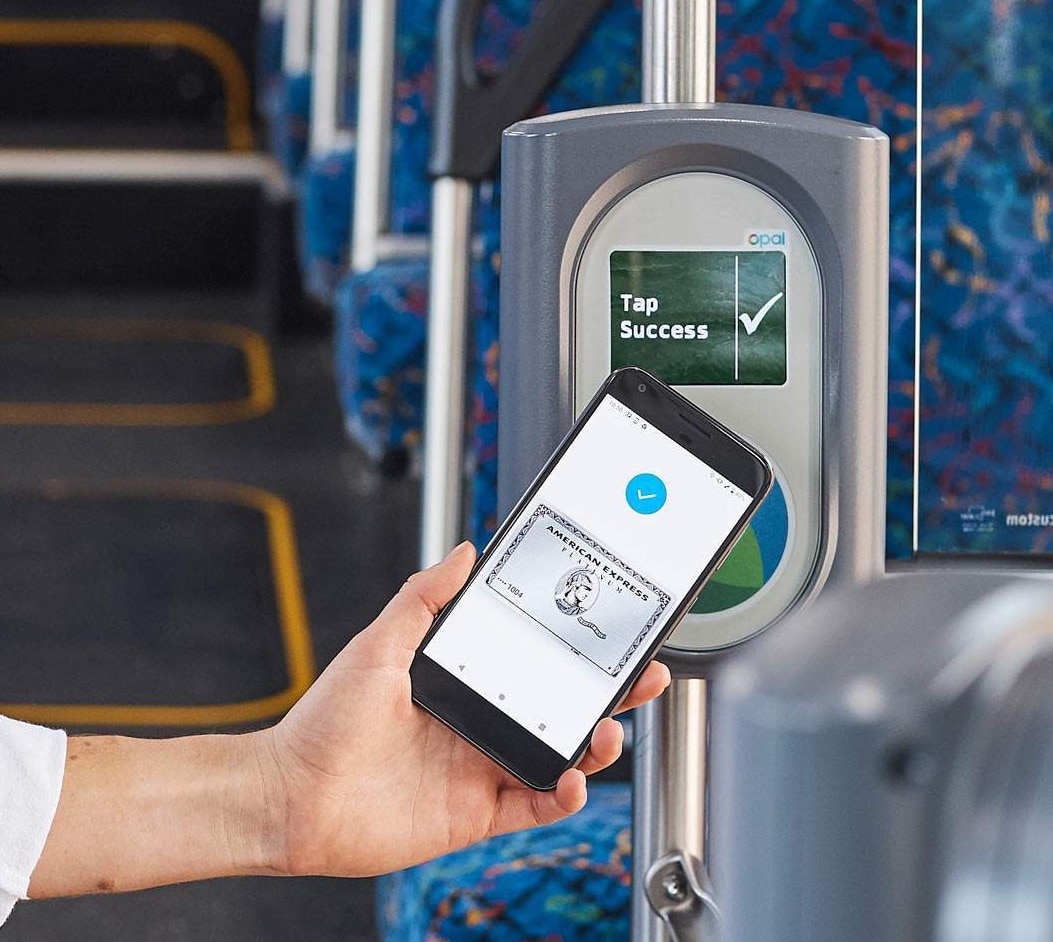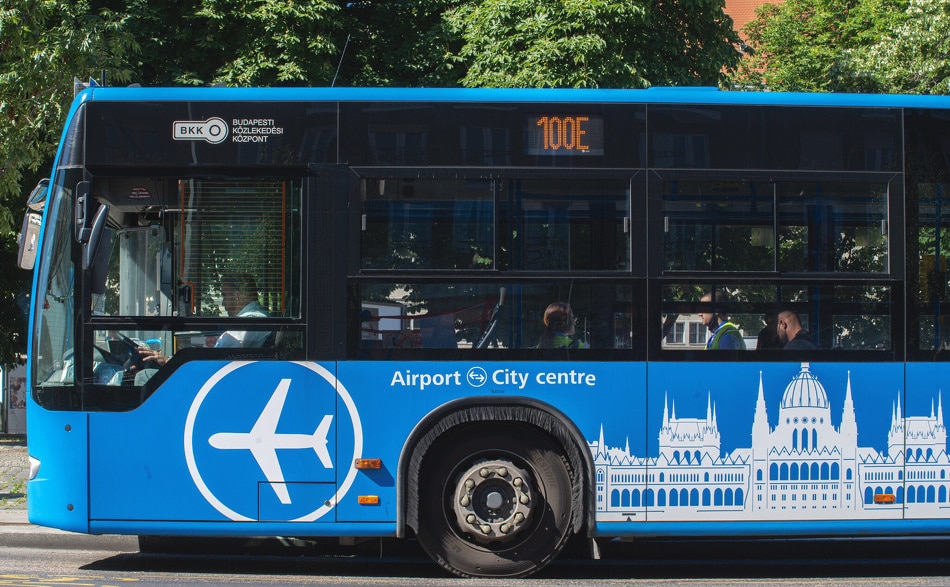
Article Highlights
Mastercard is footing the bill for a large share of the cost to roll out and operate an open-loop payments pilot for Budapest transit agency BKK, but the agency won’t say how much the payments scheme is paying. The city-owned agency said it is not receiving money directly into its coffers from payments scheme.
BKK is paying only €40,000 (US$43,000) for expenses to integrate its existing fare-collection system with the contactless-payments system. Mastercard is believed to be paying for the rest of the hardware, software integration and operational costs.
• BKK (Budapest)
• Mastercard
• Monet+
• K&H Bank
Mastercard is footing the bill for a large share of the cost to roll out and operate an open-loop payments pilot for Budapest transit agency BKK, but the agency won’t say how much the payments scheme is paying, Mobility Payments has learned.
